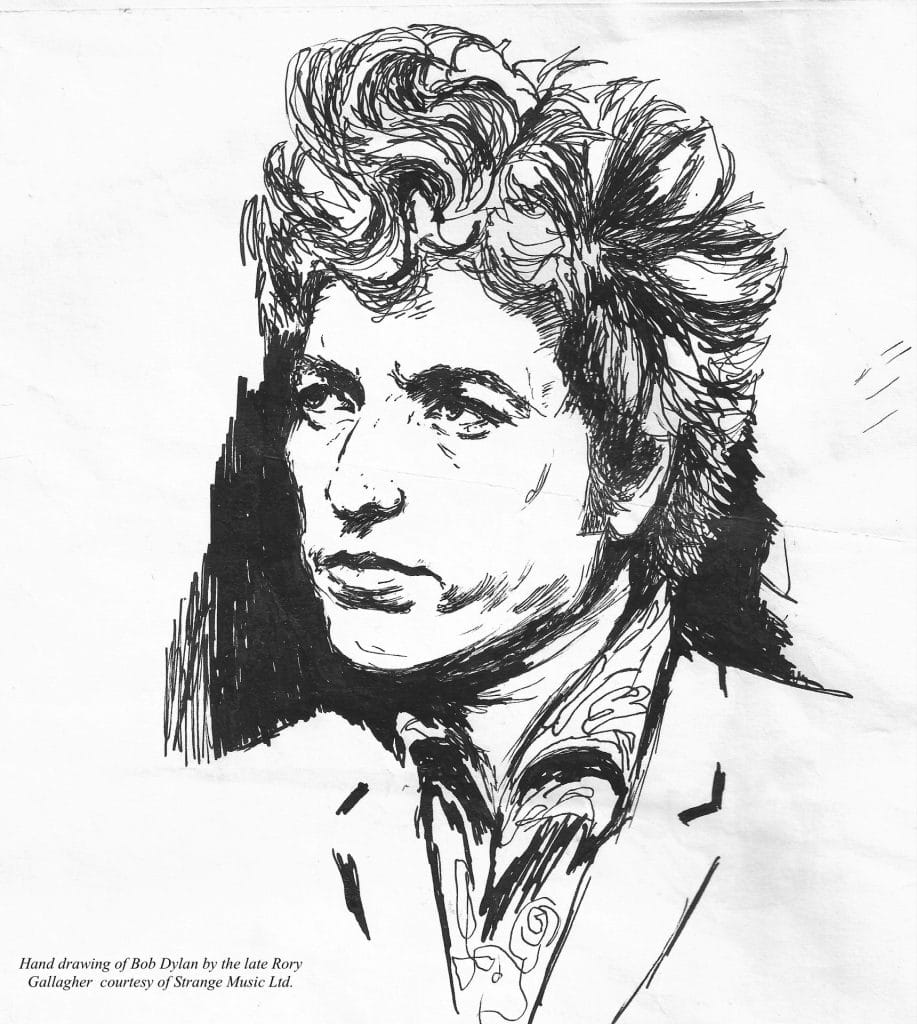Chris McDonnell: Remembering a decade
We tend to chunk periods of time into decades and identify them by some defining characteristic. Depending on our age (and memory) it only takes a few pointers for a decade to be named, either by person or event.
President John F Kennedy was shot and killed in a motorcade in Dealey Plaza, in the city of Dallas, Texas on 22 November 1963, some 60 years ago. With that fatal shot died a dream summed up in JFK’s inauguration challenge “Let the word go forth from this time and place, to friend and foe alike, that the torch has been passed to a new generation of Americans – born in this century, tempered by war, disciplined by a hard and bitter peace, proud of our ancient heritage. . . Ask not what your country can do for you, but what you can do for your country.”
On that same day two other men died, both of them novelists, C.S. Lewis and Aldous Huxley. Lewis, who wrote children’s books for adults, was perceptive of our human condition. He wrote in the ‘Problem of Pain’ – “Mental pain is less dramatic than physical pain, but it is more common and also more hard to bear. The frequent attempt to conceal mental pain increases the burden: it is easier to say “My tooth is aching” than to say “My heart is broken.”
Huxley looked ahead to a different pattern of human existence, one of uniformity and control, in his novel. In ‘Brave New World,’ a controlled and conforming society was divided into five castes of academic ability. He was also a pacifist. In his novel ‘Eyeless in Gaza’ he wrote: “Those who defend war have invented a pleasant-sounding vocabulary of abstractions in which to describe the process of mass murder.”
Three different yet significant men who all happened to die on the same day, 22nd November 1963.
The Second Council of the Vatican (1962-65) had opened in the October of 1962. Called by John XXIII, it was to be a brief papacy for John’s days concluded in early June 1963, just a few weeks after the publication of his seminal peace encyclical ‘Pacem in Terris’. Although his time in the See of Peter was to be short, his words are still significant. “I want to throw open the windows of the Church so that we can see out and the people can see in.”
With two major issues coming to the boil in the US, Civil Rights and the Vietnam War, President Johnson signed the Civil Rights Act into law in early July 1964 and began the build-up of American forces in Vietnam.
At the beginning of the decade, May 1961, President Kennedy in a speech to Congress declared: “I believe that this nation should commit itself to achieving the goal, before this decade is out, of landing a man on the moon and returning him safely to the Earth.” With five months to go, in July 1969, Neil Armstrong and Buzz Aldrin did just that.
The 60s was a decade of music and clothes, the Beatles, the Stones, Carnaby Street and the designer Mary Quant. Colour and a vivacious way life replaced the drabness of the 50s. It was also influenced by the growth of a drug culture, the social consequence of which still accompany us some sixty years.
The decadedrew towards its conclusive years with three more deaths of significance. Early in April came the news of the assassination of Martin Luther King
on a hotel balcony in Memphis. Later that year, in June 1968, presidential-candidate Robert Kennedy was assassinated in Los Angeles, CA. Thomas Merton’s loss in the December of 68 brought a tough year to its conclusion
No small wonder that the phrase “the Sixties” has become a generic term for ten fateful years. Let’s conclude this brief reflection on a significant decade with the final verse of a Bob Dylan song.
Come mothers and fathers throughout the land
And don’t criticize what you can’t understand
Your sons and your daughters are beyond your command
Your old road is rapidly aging
Please get out of the new one if you can’t lend your hand
For the times, they are a-changin’.
A song covered by many singers, “The times they are a-changin’ became the anthem of a generation. They are changing still.

